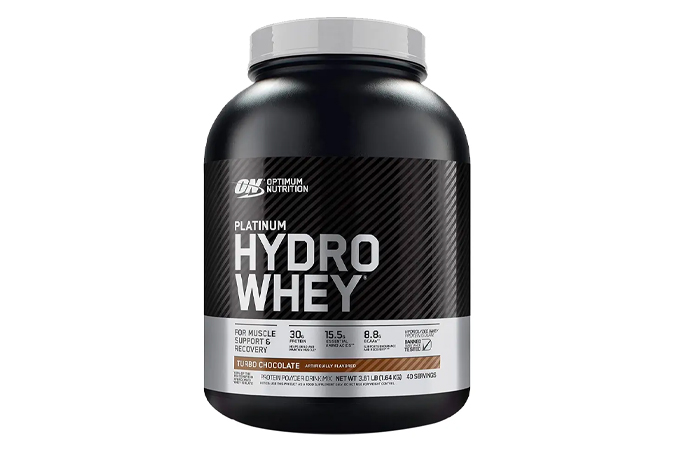Unlocking the Potential: Creatine for Women’s Fitness and Health

Introduction
In the world of fitness and sports nutrition, creatine has long held a prominent place as a supplement known for its ability to enhance muscle performance, strength, and endurance. Traditionally associated with male athletes and bodybuilders, creatine is now gaining recognition as a potential asset for women seeking to optimize their fitness and health goals. This article delves into the topic of creatine for women, exploring its benefits, potential concerns, and considerations to help women make informed decisions about its use.
Understanding Creatine:
Creatine is a naturally occurring compound found in small amounts in certain foods and synthesized by the body, primarily in the liver, kidneys, and pancreas. It plays a crucial role in supplying energy to muscles during high-intensity, short-duration activities, such as weightlifting and sprinting. Creatine is stored in the muscles in the form of phosphocreatine and rapidly replenishes adenosine triphosphate (ATP), the body’s primary energy source.
Benefits of Creatine for Women:
– Increased Muscle Performance:
Creatine has demonstrated its ability to enhance muscle strength and power, allowing women to engage in more intense and productive workouts. This can lead to improved performance in strength training exercises and athletic activities.
– Enhanced Muscle Recovery:
Supplementing with creatine may support faster muscle recovery by reducing inflammation and oxidative stress, allowing women to recover more efficiently between workout sessions.
– Lean Muscle Mass:
Creatine’s potential to increase muscle strength can contribute to the development of lean muscle mass, aiding in achieving a toned and sculpted physique.
– Bone Health:
There is emerging research suggesting that creatine may have a positive impact on bone health by promoting bone mineral density, which is especially relevant for women at risk of osteoporosis.
– Cognitive Function:
Preliminary studies suggest that creatine might have cognitive benefits, potentially enhancing cognitive function and mental performance. This is particularly noteworthy for women juggling multiple roles and responsibilities.
– Endurance Performance:
Women involved in endurance sports or activities may benefit from creatine’s ability to enhance short-term energy production, contributing to improved endurance and overall performance.
Considerations and Potential Concerns:
– Hormonal Differences:
Some women may worry that creatine could disrupt hormonal balance. However, research indicates that creatine supplementation does not significantly impact hormones like estrogen and testosterone.
– Water Retention:
Creatine supplementation can lead to temporary water retention within muscle cells. While this can lead to slight weight gain, it is not the same as subcutaneous water retention, which causes bloating.
– Digestive Sensitivity:
In rare cases, creatine supplementation may cause gastrointestinal discomfort or digestive sensitivity. Starting with a lower dose and gradually increasing it may help mitigate these issues.
– Kidney Health:
Concerns about creatine’s impact on kidney function have been raised, but existing research suggests that creatine is generally safe for healthy individuals when taken within recommended dosages.
Optimal Dosage and Usage
– Loading Phase:
A common approach to initiating creatine supplementation is a loading phase, which involves taking a higher dose (typically 20 grams per day) divided into 2-4 doses for about 5-7 days. This helps saturate muscle creatine stores more quickly.
– Maintenance Phase:
After the loading phase, a maintenance dose of 3-5 grams per day is generally recommended. This smaller dose is sufficient to maintain elevated creatine levels in the muscles.
Timing:
Creatine can be taken at any time during the day, though many find it convenient to consume post-workout, along with a source of carbohydrates to enhance absorption.
Cycling:
Some individuals choose to cycle their creatine intake by taking breaks from supplementation. However, ongoing research suggests that continuous use is safe and effective.
Conclusion:
Creatine is a versatile and potentially beneficial supplement for women aiming to enhance their fitness performance and overall health. Its ability to improve muscle strength, promote lean muscle mass, aid in muscle recovery, and potentially support bone health and cognitive function makes it a valuable addition to a well-rounded fitness regimen. The concerns surrounding creatine, such as hormonal disruption and kidney health, are largely unfounded for healthy individuals when taken within recommended dosages.
As with any supplement, individual responses may vary, and consulting a healthcare professional before beginning creatine supplementation is advisable, especially for those with underlying health conditions. By understanding the benefits, potential concerns, and optimal dosages, women can make informed decisions about incorporating creatine into their fitness journey, unlocking its potential to help them achieve their goals and excel in their pursuits.










